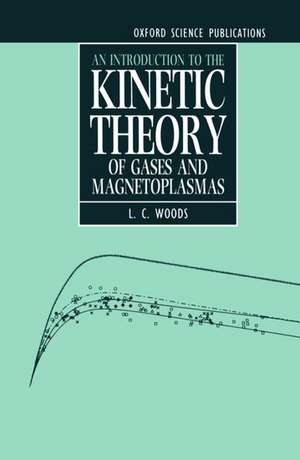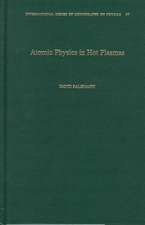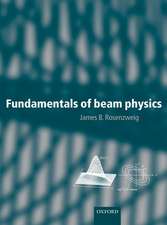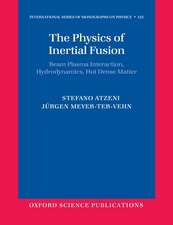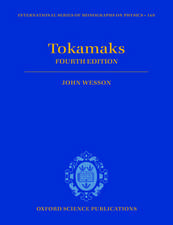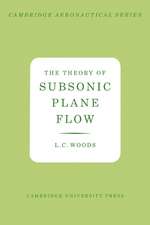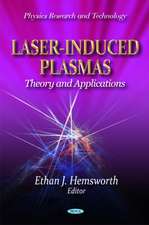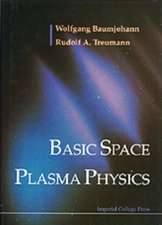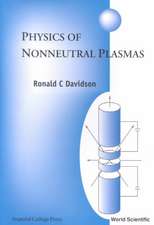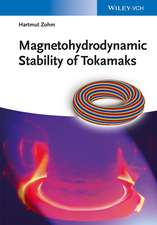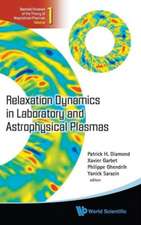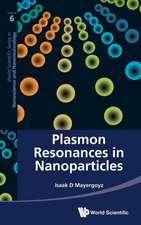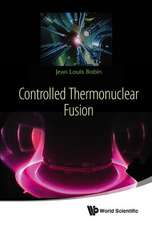An Introduction to the Kinetic Theory of Gases and Magnetoplasmas
Autor L. C. Woodsen Limba Engleză Hardback – 29 apr 1993
Preț: 523.99 lei
Preț vechi: 749.27 lei
-30% Nou
Puncte Express: 786
Preț estimativ în valută:
100.28€ • 104.31$ • 82.79£
100.28€ • 104.31$ • 82.79£
Carte tipărită la comandă
Livrare economică 03-09 aprilie
Preluare comenzi: 021 569.72.76
Specificații
ISBN-13: 9780198563938
ISBN-10: 0198563930
Pagini: 300
Ilustrații: line figures, tables
Dimensiuni: 161 x 242 x 22 mm
Greutate: 0.61 kg
Ediția:New.
Editura: OUP OXFORD
Colecția OUP Oxford
Locul publicării:Oxford, United Kingdom
ISBN-10: 0198563930
Pagini: 300
Ilustrații: line figures, tables
Dimensiuni: 161 x 242 x 22 mm
Greutate: 0.61 kg
Ediția:New.
Editura: OUP OXFORD
Colecția OUP Oxford
Locul publicării:Oxford, United Kingdom
Recenzii
the book presents a treatment of the kinetic theory of gases and magnetoplasmas in such a way that it covers the standard material in a way as simple as possible .,.. The book seems to radiate a deep conviction - which is appreciated by the reviewer - that the development of the kinetic theory needs not only calculational skills and computational magic in evaluating the content of the theory in model arrangements, but equally, if not in excess, deep insight into the physical processes.
